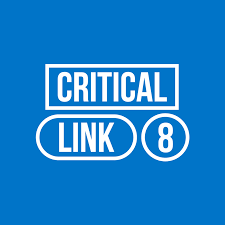When: June 29–July 1, 2016
Where: Heriot Watt University, Edinburg, Scotland, UK
Topic: The solidarity project: Protecting interpreters today for tomorrow
When: June 29–July 1, 2016
Where: Heriot Watt University, Edinburg, Scotland, UK
Topic: The solidarity project: Protecting interpreters today for tomorrow

Civilian interpreters in conflict situations embody the very essence of community interpreting. By providing language skills and cultural expertise, they enable militaries to talk to local populations, assist humanitarian organizations in bringing relief, and help journalists inform the world. In doing so, they promote democratic principles, alleviate suffering, and sustain the global human community.
However, their courage comes at a high price. Interpreters are targeted by state and non-state actors alike, whether by the Chinese government, insurgents in Afghanistan and Iraq, or rogue parties in Uganda. They receive night letters and texted death threats, are prosecuted and imprisoned on trumped-up charges, and, in extreme cases, kidnapped, tortured, and murdered.
In the context of these challenges, the protection of interpreters gains particular urgency. That is why Red T, a non-profit advocacy for translators and interpreters in high-risk settings, and the world’s five major language associations – AIIC (International Association of Conference Interpreters), FIT (International Federation of Translators), IAPTI (International Association of Professional Translators and Interpreters), CLI (Critical Link International) and WASLI (World Association of Sign Language Interpreters) – have joined forces in a historic first in solidarity. By drawing the attention of the public, governments, and other bodies to the terrible fate of linguists at risk, these organizations strive to achieve greater recognition and protection for their colleagues.
This session, led by AIIC’s Linda Fitchett and Red T’s Maya Hess, lays out the current landscape for interpreters in conflict settings; presents ongoing activities such as the Open Letter Project, the development of safety guidelines, and the push for international legal instruments; and charts future endeavors. Above all, it seeks to inspire members of the audience to get involved and raise their voices on behalf of their endangered fellow interpreters.